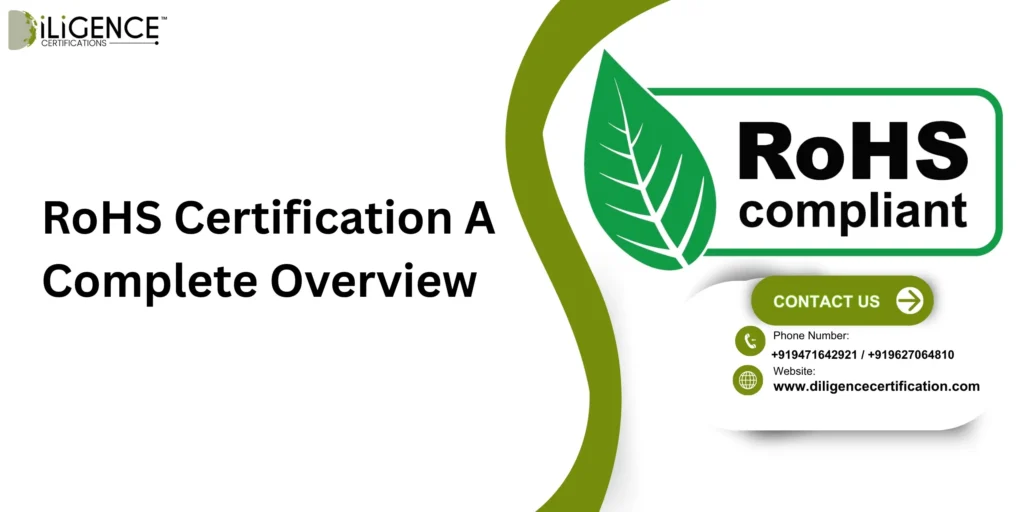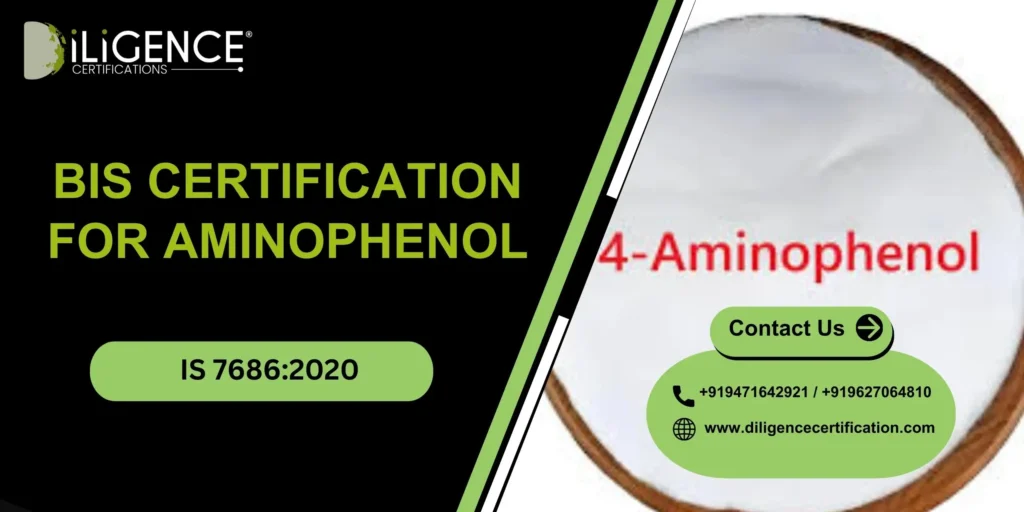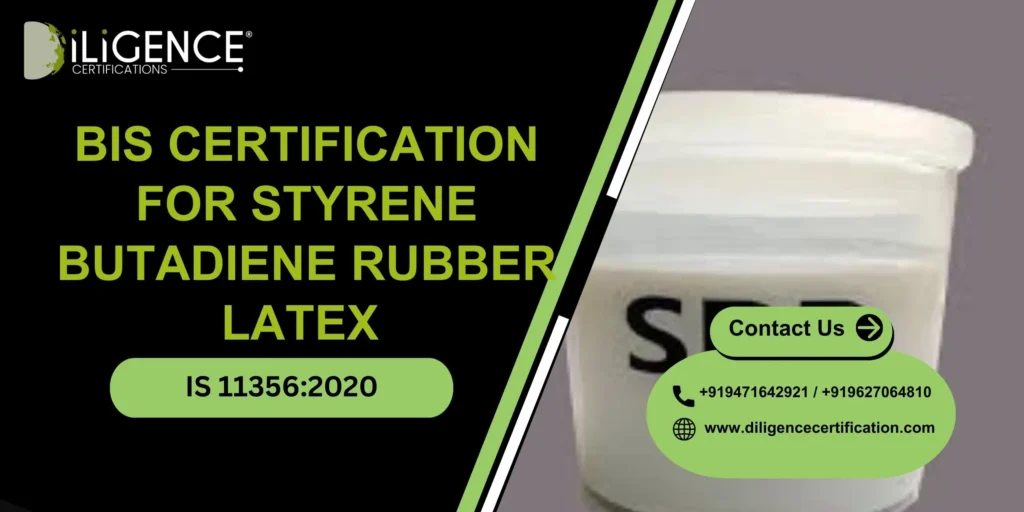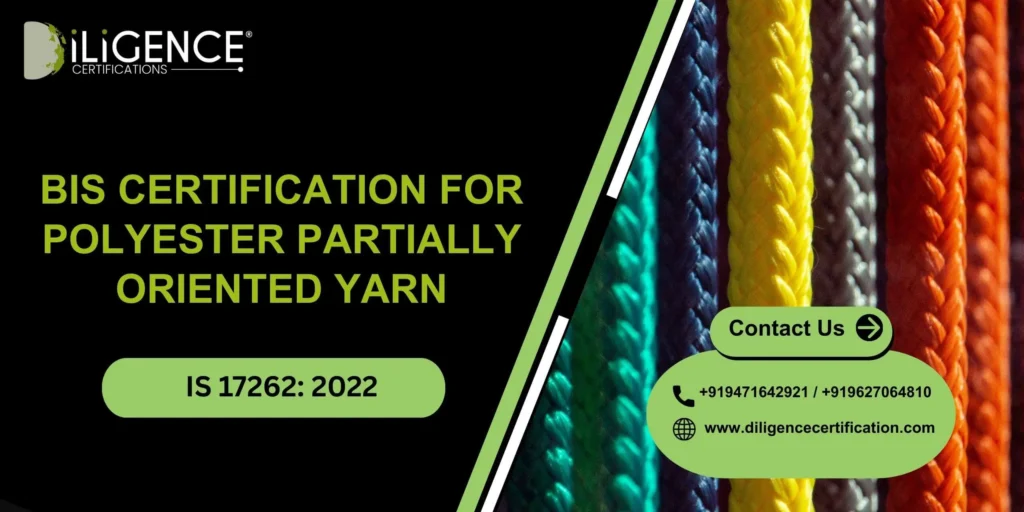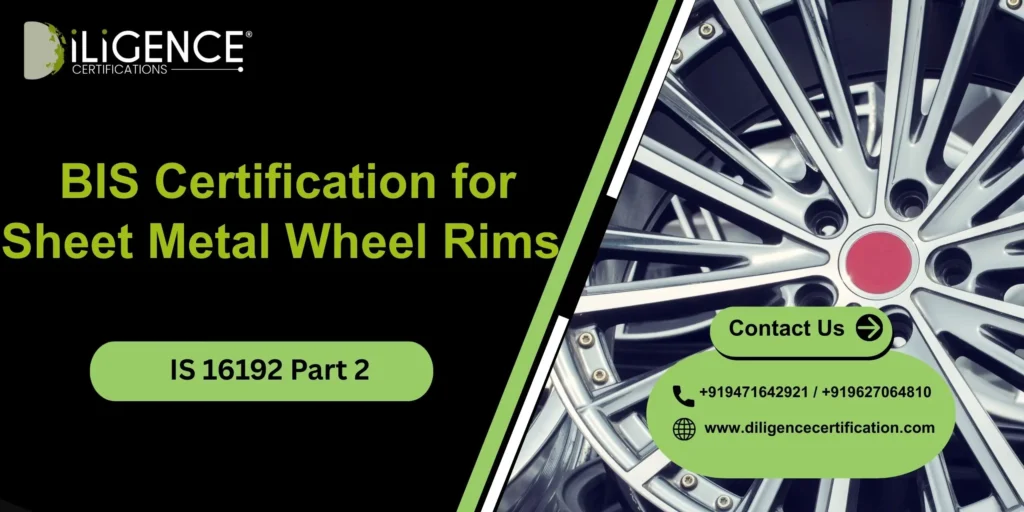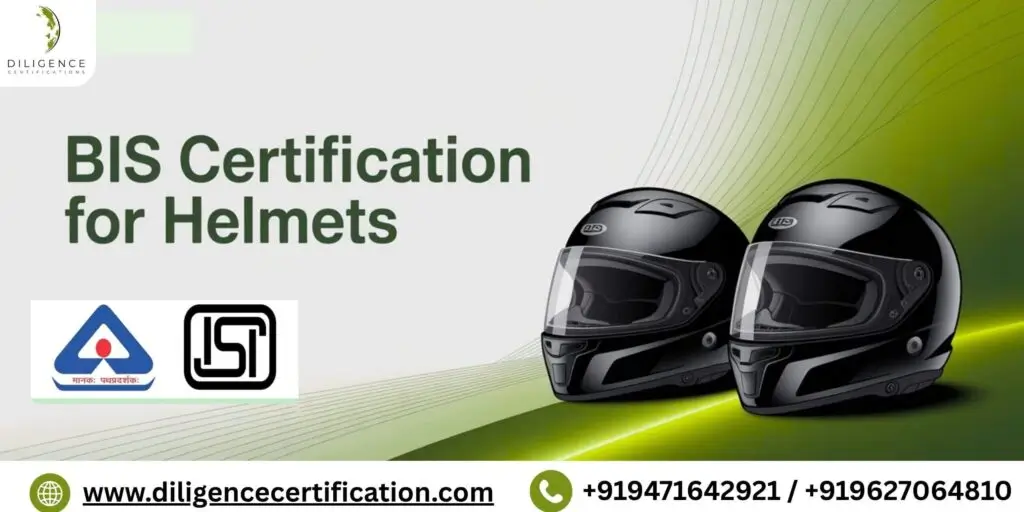- RoHS certification is the proof that a product electrical or electronic product is in conformity with restrictions on the use of certain hazardous substances (lead, mercury, cadmium, some brominated flame retardants).
- The RoHS certification is a compulsory requirement for the electronic exports to the EU market. Buyer requests are increasing globally even if it is not a legal requirement in India.
- The main target of RoHS are manufacturers, importers, and exporters of electrical and electronic equipment and their components, cables, and accessories.
- Cooperation is possible through performance in a laboratory and the technical documentation, as well as the Declaration of Conformity, not from a certificate only.
- By obtaining a RoHS certification, a company can continue its activities without the risk of border rejections, non compliance with the laws, and it can slowly but surely gain the confidence of customers and regulators from other countries.
Introduction | RoHS Certification
A RoHS certificate is needed by Indian electronics companies to grow their business worldwide. ROHS means ‘Restriction of Hazardous Substances’ and it is a standard that verifies that electronic and electrical equipment do not contain any hazardous materials (including but not limited to lead, mercury & cadmium etc). Violating row rules may result in shipments being denied, fines being imposed on companies, and/or the inability to do business within key areas such as the EU, USA and some regions in Asia. For companies aiming for international approvals, RoHS is the standard they need to meet in terms of quality, safety, and environmental protection. Siemens and Schneider Electric are some of the brands that point out that compliance not only makes the export process easy but also increases the trust of international clients. Indian exporters, moreover, get the most out of it by knowing the testing requirements, documentation, and periodic audits to keep their certification.Gaining a RoHS Certificate is thus a strategic move for the business to gain the trust of foreign markets, enhance the value of the products, and ensure the longevity of the company.
What is RoHS Certification
The RoHS Certification Restriction on Hazardous Substances is a requirement for companies that manufacture electrical or electronic products to honour and protect human and environmental health from certain hazardous substances; thus, it is important to obtain this certificate. Manufacturers and exporters of electronic products that plan to develop an international business model in Europe will greatly benefit from having this certification.
Key Points:
- Purpose: This standard establishes limitations on the presence of toxic materials [e.g., lead, mercury, cadmium, hexavalent chromium, PBB, PBDE, etc.] used in producing consumer electronics and related equipment.
- Coverage: This standard applies to consumer electronics, IT equipment, appliances and lighting fixtures.
- International Applicability: This standard is widely recognized throughout the world and will be required in order to receive Global Approvals and sell into many countries in Europe, the United States, Asia, etc.
- Compliance Advantages: By adhering to this standard, manufacturers are assured that their products are safe for their customers; thereby building their brand reputation and avoiding fines/ penalties and product seizures.
- Certification Process: The standard has specific requirements for testing, producing test results, verifying compliance through quality control audits (QCAs) at accredited test laboratories, and documenting the findings.
Why is RoHS Certification Mandatory ?
The RoHS Certification is an important element of product safety, environmental responsibility, and potential international marketability for all electrical and electronic device manufacturers. It is a strategic opportunity for companies to enhance their international reputation; therefore, it is not simply a compliance requirement.
Key Points:
- Occupational: Health & Safety Provides protection for consumers and workers against being exposed to toxic levels of hazardous materials, such as lead, mercury, and cadmium.
- Environmental Protection: Eliminates any electronic waste contamination and utilizes eco-friendly/sustainable methods of production.
- International Market Access: Consumers in the EU (all Member States), and rapidly being recognized by Consumers in the USA, Japan and other Markets, that exporting to the EU is mandatory.
- Brand Reliability: Expedites consumer confidence in Companies that demonstrate a commitment to quality, adherence to laws, and corporate responsibility.
- Avoid penalties : Shipping rejects or fines due to non-compliance with the standard prevents any legal ramifications of non-compliance with the requirements of the standard.
- Competitive Edge : Certified products in many instances have greater access to global tenders and contracts than non-certified products.
Importance and Benefits of RoHS Certification
| Importance | Benefits |
| Compliant with international laws governing hazardous materials & chemicals found in manufactured goods | Provides an opportunity for businesses to sell products globally (to EU, USA, Japan, etc.) |
| Protect (don’t harm/salvage) human health by limiting exposure to harmful chemicals | Improvements in customer perception of a company’s brand |
| Promote environmentally responsible practices and reduce the generation of electronic waste | Decrease potential liability exposure due (e.g. penalties/fines) for violation of these laws |
| Indicate a commitment to being socially responsible by complying with RoHS | Gain a competitive advantage when bidding for contracts or other types of government work |
| Establish products as compliant with internationally accepted quality and safety standards | Easier for customers to conduct audits of suppliers and have products accepted into restricted markets |
Step-by-Step Process of RoHS Certification
Step 1: Documentation
- Collect all necessary technical documents and product specifications.
- Prepare company registration details and ensure documents follow RoHS compliance format.
Step 2: Product Testing
- Submit product samples to a RoHS-accredited laboratory.
- Test for restricted substances: lead, mercury, cadmium, hexavalent chromium, PBB, PBDE.
- Receive detailed compliance test reports confirming limits are met.
Step 3: Application Submission
- Fill out the official RoHS certification application form.
- Upload all required documents and lab reports.
- Provide a Declaration of Conformity (DoC) and pay the certification fees.
Step 4: Scrutiny & Inspection
- Certification body reviews submitted documents and test results.
- Factory or product inspection may be conducted.
- Clarifications are requested if discrepancies are found.
Step 5: Grant of Certification
- RoHS certificate is approved and issued.
- Products can now be labeled as RoHS compliant.
- Periodic renewal is required to maintain compliance.
Documents Required for RoHS Certification
| Category | Documents Required |
| Product Information | Product description, design, and structure information |
| Risk Assessment | Material, part, and subassembly risk assessments |
| Conformity Evidence | Material, part, and subassembly conformity information |
| Manufacturing Records | Records and documentation from the manufacturing process |
| Standards & Procedures | Standards, specifications, and conformance procedures |
Timelines, Costs, Validity & Renewal
- Timelines:Typically takes 4–8 weeks from document submission to certificate issuance, depending on product complexity and lab testing duration.
- Costs: The cost of the government and the test varies depending on the product. There can be some additional charges though.
- Validity: RoHS certification is generally valid for 1–3 years, depending on the certification body and product type.
- Renewal: Renewal requires resubmission of test reports and updated technical documentation before expiry to maintain compliance.
Why Choose Diligence Certifications
- Expert guidance for RoHS, CE, UL, and other global approvals.
- Documentation, testing, and audits handled efficiently.
- Tailored solutions for manufacturers and exporters from India.
- Proven track record in helping SMEs achieve certification.
- Provides a quicker route to the market and enhances brand trust.
Conclusion
Complying with the RoHS (Restriction of Hazardous Substances) directive is a must for Indian producers and exporters of electrical and electronic items. When producers follow the RoHS standards, they can prove that their products are safe, environmentally friendly, and up to international standards, thus avoiding legal problems and export delays.The association with Diligence Certifications is, therefore, a prudent choice for companies as it provides them with professional advisory, complete facilitation, and easy access to trustworthy labs, thus making the certification journey hassle, free.Compliance with RoHS standards is, in fact, a passport to international markets besides being a potent brand, building and sustainability marketing tool. Why wait? Get your RoHS certification facilitated by Diligence Certifications and be in the forefront of the fiercely competitive global electronics market.
Frequently asked questions
What is RoHS Certification?
RoHS Certification ensures electronic products are free from hazardous substances like lead, mercury, and cadmium.
Why is RoHS certification crucial?
It safeguards the elements of human health and the environment and guarantees that the shipment of the products abroad does not violate any laws. It includes the protection of the environment
Which products require RoHS Certification?
Electrical and electronic equipment, including appliances, cables, and components, need RoHS compliance.
Who gives the RoHS Certification in India?
The RoHS certificate is issued through accredited certification bodies and labs that are recognized for the testing of the compliance.
How long is the RoHS Certification process?
The entire procedure typically requires 4-8 weeks.
What documents are needed to achieve RoHS Certification?
Important documents would be specifications of the product, Bill of Materials, Test Reports, DoC, and company registration documents.
How much does RoHS Certification cost in India?
Costs typically range from ₹50,000 to ₹2,00,000 per product depending on testing and documentation.
How valid is the RoHS Certification?
RoHS certificates are normally valid for 1 to 3 years and should be renewed before the expiry of the certificate.
Can RoHS Certification assist with exporting?
Yes,” it guarantees the acceptance of products in markets that follow EU (RoHS) regulations, preventing exports being refused.
ligence Certifications offer full RoHS services?
Yes, they help with documentation, lab work, application submission, and post-certification renewal.

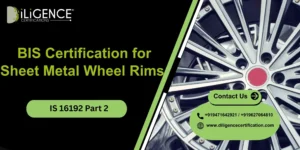
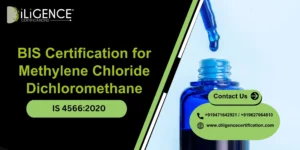
 BIS Certification
BIS Certification
 CDSCO
CDSCO
 CPCB
CPCB
 LMPC
LMPC
 WPC Approval
WPC Approval
 Global Approvals
Global Approvals
 TEC
TEC
 ARAI
ARAI
 BEE
BEE
 ISO Certification
ISO Certification
 Drone Registration
Drone Registration
 NOC For Steel
NOC For Steel



















 Business Registration
Business Registration














 Legal Services
Legal Services
 Trademark Registration
Trademark Registration
 Copyright Registration
Copyright Registration
 Patent Registration
Patent Registration
